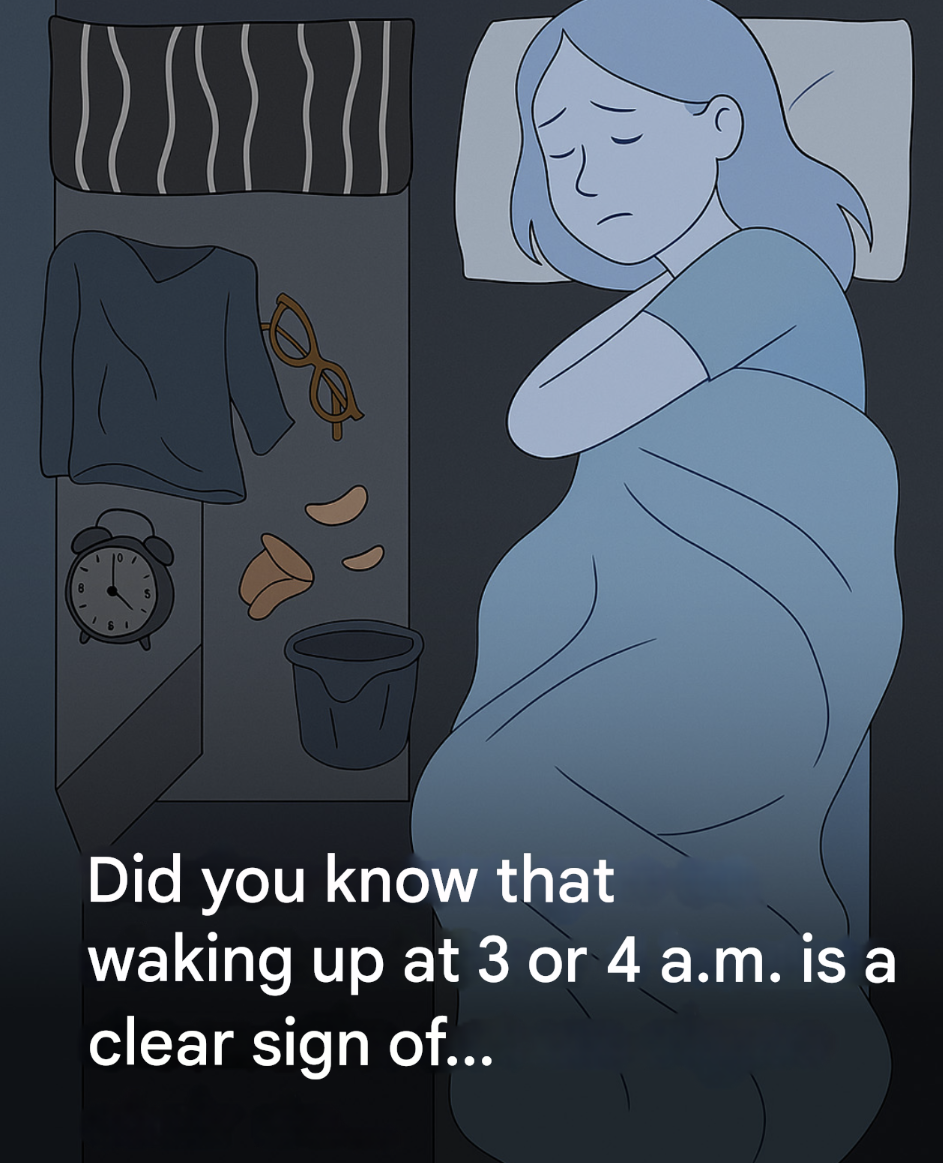Coffee lasts up to 8 hours after consumption. And alcohol, while initially relaxing, profoundly disrupts sleep by altering the restorative phases.
The right reflex:
- Stop caffeine after 2 p.m.
- Prefer an infusion or hot milk before going to sleep.
- Moderate alcohol consumption in the evenings, especially during the week.
The environment matters more than we think

Room temperature, light, noise… Sometimes, it’s just the little things that can disrupt your sleep.
Optimize your room:
- Keep the temperature around 18°C.
- Turn off screens and install blackout curtains.
- Try a white noise machine or earplugs.
Hormones in disarray?
Frequent awakenings can also be linked to hormonal fluctuations: menopause, irregular cycles, or thyroid disorders.
What can help:
- A regular sleep routine.
- Foods that promote hormonal balance (flax seeds, soy).
- Consult your doctor if the awakenings persist or are accompanied by other symptoms.
And when it comes to medication or health?
Certain treatments (diuretics, antidepressants, etc.) can interfere with your rest. As can certain disorders: sleep apnea, reflux, chronic pain, etc.
In this case :
- Talk to your doctor to adjust treatments or consider other solutions.
- Don’t minimize your symptoms: your sleep deserves your full attention.
Night waking: what to do now?
If, despite everything, you open your eyes at 3 a.m.:
- Don’t look at the clock, it will only increase your stress.
- Breathe deeply (try the 4-7-8 method).
- Stretch gently or practice muscle relaxation.
- Get up and read a few pages of a soothing book… away from screens!
Waking up at 3 a.m. isn’t inevitable. With a little listening, a few adjustments, and some sincere kindness toward yourself , getting back to peaceful nights is entirely possible.
